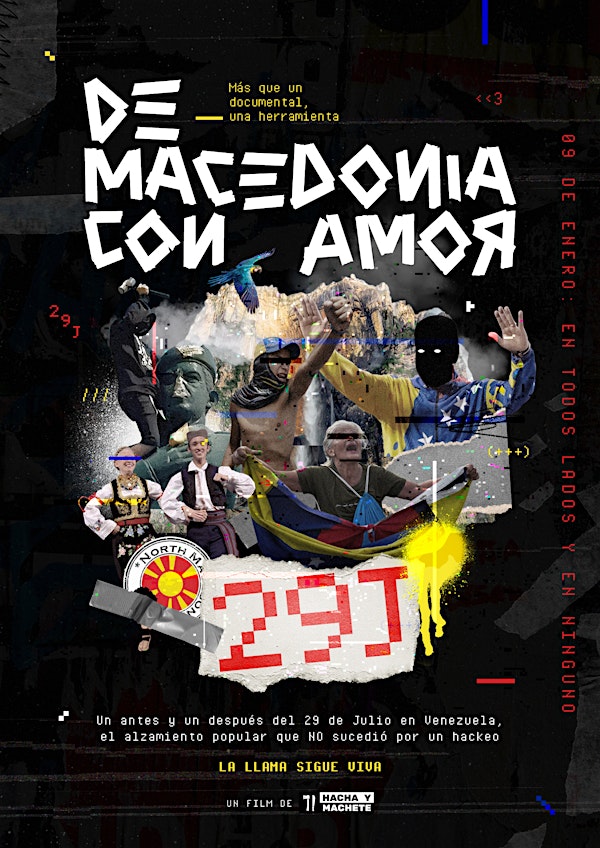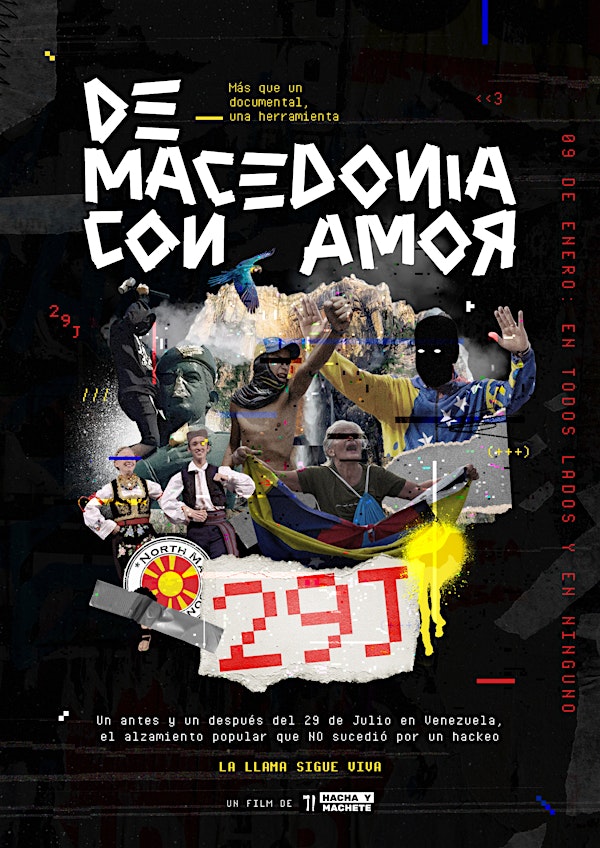On April 3, the Principal Rector of Venezuela’s National Electoral Council (CNE), Conrado Pérez, announced that a computer hack that the electoral body has been undergoing since the presidential election in July 2024, has been resolved.
In an interview with Globovision, Pérez said that the hack was “practically solved” and that all political organizations will receive a link to apply candidates for the upcoming regional and legislative elections set to be held on May 25, 2025.
Despite Pérez announcing that the hack was resolved, at the time of writing, the electoral authority’s website is not yet active.
A “Cyber-Attack” from North Macedonia
According to the Maduro government, an alleged “cyber-attack” prevented the publishing of full precinct-level results from the 2024 presidential election, but did not stop the CNE from proclaiming Nicolás Maduro as the winner.
The day after the July 28 election, Attorney General Tarek William Saab announced he was launching an investigation into the alleged attack on the electoral system, implicating opposition leaders María Corina Machado, Leopoldo López and Lester Toledo.
Saab claimed that the attack came from North Macedonia and had the intention of manipulating the data received by the CNE and also delayed results.
North Macedonia’s Ministry of Internal Affairs released a statement saying that it had received “no information or request” from Venezuelan authorities for further investigation related to the alleged attack.

The Balkan country has become a symbol of the post-electoral movement that arose against the controversial proclamation of Maduro’s victory.
Giuseppe Gangi, a software engineer, created the website www.macedoniadelnorte.com which compiled official voting tallies gathered by the opposition, analyzed the data and collected social media videos in which people read out results from individual voting centers the night of the election.
“De Macedonia, con amor” (From Macedonia With Love) is a documentary and website which seeks to evidence the hundreds of spontaneous protests that emerged the day after the election. Created by Hacha y Machete, a digital initiative led by Venezuelan migrants, this platform has created a detailed chronology of “the spirit of 28-J.”
2025 Legislative and Regional Elections
In May, voters will elect 277 seats in the National Assembly and 23 governorships and the application process for candidates is from April 7 to April 9. The National Electoral Board will then revise documentation to approve or reject candidate applications.
The ruling PSUV party announced their electoral candidates in mid-March, including a candidate for the governorship of the disputed Esequibo territory.
It is unclear which political parties will be allowed to participate in this election as all political parties and candidates seeking to participate will have to sign a document pledging to respect the results published by the CNE.
The leading opposition coalition – the Democratic Unitary Platform (PUD) – has vehemently rejected the election due to the “absolute lack of political and electoral guarantees” and reiterated the enforcement of the opposition presidential candidate Edmundo González Urrutia’s victory in 2024.
Minister of Interior, Justice and Peace Diosdado Cabello, one of the most powerful characters in Maduro’s Venezuela, announced that there are “legal mechanisms to prevent the [political] participation of people who have called for an invasion of our country and the blockade,” referring to economic sanctions.
For example, the “Liberator Simón Bolivar Law”, which was passed in November 2024, can impose penalties of up to 30 years of prison and disqualification from holding public office for up to 60 years for people who express support for international sanctions imposed on the Latin American country.
Henrique Capriles, 2013 ex-presidential candidate and opposition leader, has broken party lines by announcing his intention to participate in regional elections. Yet on April 2, he admitted that he did not know if the candidates willing to run for the opposition would be able to participate.
At the launch of “Decide,” a political network in favor of electoral participation, Capriles said: “We still do not know if we will be able to participate, but beyond that I am still going to vote. There are no conversations [with Miraflores], an electoral model is being put together to see who can assume the candidacies but there is no dialogue.”
The post Venezuela’s electoral body affirms July hack has been “solved,” but website remains down appeared first on Latin America Reports.




